New Delhi: From October 1, 2025, several rule changes will take effect across banking, pensions, railways, and postal services, impacting a wide section of consumers. The measures focus on fee revisions, tighter compliance, and new verification systems.
In banking, HDFC Bank has revised the eligibility criteria for its Imperia premium banking customers, requiring higher Total Relationship Value to continue enjoying services. Punjab National Bank will increase locker rental charges and fees linked to nomination updates and standing instruction failures. YES Bank has announced new charges for salary account holders, including higher costs on cash transactions, ATM withdrawals, debit card usage, and penalties for bounced cheques.
The pension sector is also seeing a shift. The Pension Fund Regulatory and Development Authority (PFRDA) has updated fee structures for Central Recordkeeping Agencies that manage the National Pension System (NPS). Non-government subscribers will now have the option to invest up to 100% of their NPS corpus in equities. Meanwhile, government employees had until September 30 to decide on shifting between the Unified Pension Scheme and NPS, after which switching is no longer permitted.
Railway ticket bookings will undergo stricter Aadhaar-based verification through IRCTC to reduce fraudulent reservations and block tout activity. At the same time, India Post will increase Speed Post charges while introducing an OTP-based delivery verification process to improve parcel authentication.
The Reserve Bank of India will begin transitioning cheque clearing from batch-based to a continuous process starting October 4. The full system is expected to be in place by January 2026, aiming to speed up settlement timelines.
These updates, effective across multiple sectors, underline a broader shift towards tighter compliance, digitization, and cost adjustments that will directly affect everyday banking, pension savings, travel, and postal transactions for citizens.
Also Read: TATA AIG, Equitas Small Finance Bank Partner to Improve Insurance Access







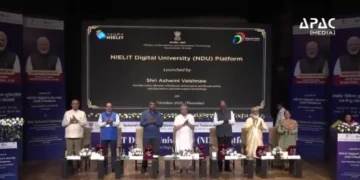



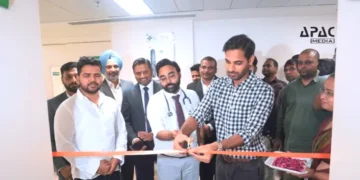


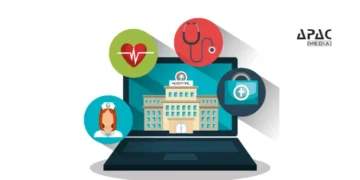




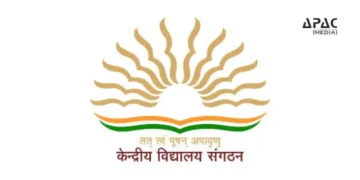

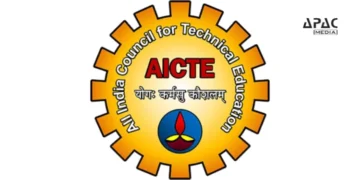






















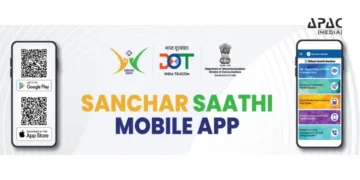

















Discussion about this post